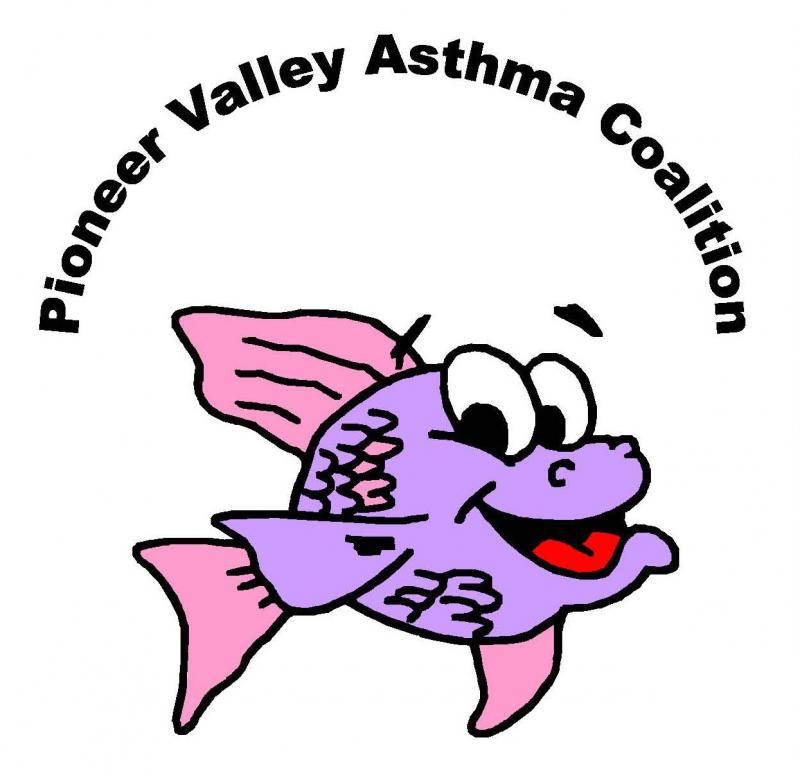Tobacco Smoke
About
Environmental Tobacco Smoke (ETS) or secondhand smoke is involuntary or passive smoking. ETS is secondhand smoke and it is a mixture of the smoke given off by the burning end of a cigarette, pipe, or cigar, and the smoke exhaled by smokers.
Risks
According to the American Cancer Association, secondhand smoke is known to cause cancer. It has more than 7,000 chemicals, including at least 70 that can cause cancer. The ACA reports the following risks:
- Secondhand smoke causes lung cancer and is linked to other types of cancer;
- Secondhand smoke can trigger asthma episodes and increase the severity of attacks;
- Secondhand smoke can cause new cases of asthma in children who didn’t have symptoms before;
- Secondhand smoke affects the heart and blood vessels, increasing the risk of heart attack and stroke in non-smokers;
- Some studies have shown a link between secondhand smoke and depression;
- Children who are exposed to secondhand smoke get sick more often, have lung infections like bronchitis, are more likely to cough and have shortness of breath, and get more ear infections.
Solutions
- Quit Smoking- there’s help if you are ready
- Don’t smoke around children
- Smoke outside
Smoke-Free Housing
The Springfield Housing Authority has banned smoking at all of their properties. Smoking bans are becoming more and more widespread. Smoke-free policies are not discriminatory since they only prohibit smoking in the building or on the property (as opposed to prohibiting people who smoke from living in the building).
Make Your Building Smoke-Free
The MA Department of Public Health’s Smoke-Free Housing Project provides free information and technical assistance to landlords, condo associations, and tenants interested in implementing a smoke-free rule.

